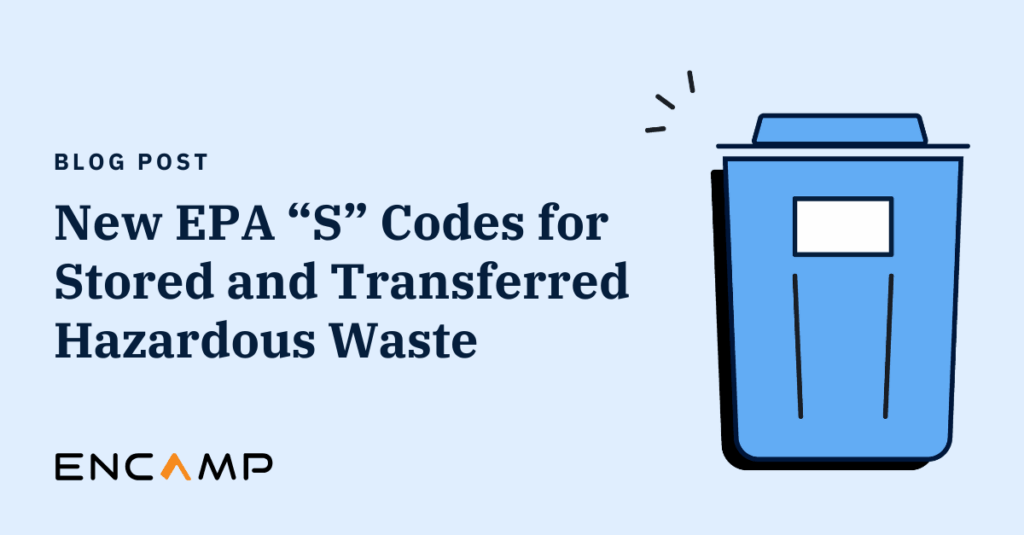What is a compliance officer, and what is compliance? A Compliance Officer is an individual within a company who oversees regulatory compliance. Compliance Officers may be concerned with environmental protection, safety precautions, or financial management. A Compliance Analyst will need to go over the regulations that govern the company, determine whether the company is meeting these regulations, and ensure that it’s meeting regulations in the most efficient way. For some companies, there may be a single Compliance Officer. For other companies, there may be an entire compliance department.
The average Compliance Officer salary ranges from $62,000 to $106,000 depending on experience and roles. There are compliance officer jobs in virtually every industry, from healthcare to oil field labor. Because compliance officers are so in demand and can move from industry to industry, it is a niche with many opportunities for growth and mobility. At the same time, being a compliance officer can be challenging labor.
Regulations are complex. And not only are they complicated, but they also frequently change. Compliance officers are charged with regularly updating themselves on regulations, making sure companies are following these regulations, and implementing strategic plans to ensure that they follow regulations in the future. Altogether, this can be a very demanding job, which grows more demanding over time.
How does someone become a Compliance Officer? First, there are different types of compliance. Compliance Officer qualifications and Compliance Officer responsibilities will be based on the type of compliance that the Officer is completing. There may be a Compliance Officer Certification for certain types of compliance, whereas others are looking for experience within the industry or a degree within a related field. Compliance Officers generally have a Bachelor’s degree in healthcare, business, civil engineering, environmental engineering, or criminal justice. It will help for the Compliance Officer to have a degree in the compliance field that they are looking for.
Since the Compliance Officer definition is so broad and industry-based, a compliance job description will equally vary. To get a job within the field, Compliance Officers should focus on their area of expertise, and look for positions within that industry.
From there, becoming a Compliance Officer is much like getting any other position. A candidate should go over Compliance Officer interview questions (which often relate to regulations) and ensure that they are up to date on current regulations and codes. Often, a Compliance Officer will be working within a field before they start to take on compliance, and will therefore already be familiar with the code from the other side.
There are many paths to becoming a Compliance Officer. For those who are interested in becoming a Compliance Officer, getting a Bachelor’s degree will be the first step. Internships within their chosen industry can help. There are certification paths and seminars for certain areas of compliance, and entry-level compliance officer positions. Companies that have large compliance departments may be able to hire compliance officers fresh out of college and help them train. Otherwise, Compliance Officers may be able to move into compliance from their existing positions within companies, such as companies within the healthcare industry.
What is compliance in business? Compliance in business generally relates directly to finance. Examples of corporate compliance violations include:
A compliance career path can take an individual to environmental compliance, or healthcare compliance. Either way, they’ll have similar compliance roles and compliance job titles. At its core, compliance is simply about knowing the regulations and ensuring that the organization follows them. What is the role of a compliance officer in healthcare? Often it involves making sure that data is protected and private under HIPAA, similar to how financial information must be protected and private in business and financial organizations.
What are the four responsibilities of a compliance officer?
As you can see, Compliance Officers are both responsible for internal reporting and external reporting. In business, a Compliance Officer might be responsible for ensuring that employees are complying with internal processes, and ensuring that the organization itself is complying with external requirements.
Being a compliance officer can be a complex but rewarding career path. And because there are compliance officers in virtually every large organization, compliance officers can choose where they work, whether it’s business, healthcare, environment, or something else entirely.
Let’s take a look at some common types of compliance jobs.
What is compliance in the workplace? For the workplace, it will both be the reporting requirements for the organization (is the organization reporting its taxes correctly?) and the reporting requirements within the organization (are employees properly complying to the company’s code of ethics?). The benefits of compliance in business are clear: It ensures that the company isn’t running afoul of any regulations and standards, and it holds the organization itself up to standards.
Compliance department functions are similar regardless of the compliance department structure or compliance industry. As an example, what is compliance in banking? It involves both the bank’s compliance with outside regulatory bodies and internal compliance to processes that have been put in place.
Compliance Officer skills and compliance manager duties and responsibilities are going to be similar regardless of where the compliance officer is. The Compliance Officer is going to need to ensure that the organization is following outside regulations, make sure that they are aware of when these regulations change and create systems and processes by which these regulations will be managed and new processes will be implemented.
Soft skills required for compliance officers include:
Compliance Officers fulfill a vital role in an organization. But they also are often the bearers of bad news, as they need to introduce more administrative work to the C-suite and their departments. Because of this, Compliance Officers need to be confident, self-assured, and able to take the ball and run with it. They need to be able to function independent of most of the rest of the organization, provide an interface with government entities, and juggle many requirements.
What is the role of a Compliance Officer? What is the role of the compliance department? A compliance officer is responsible for all elements of compliance: understanding regulations, reporting to the applicable entities, creating processes through which issues of compliance can be reported, and maintaining internal risk assessments. Compliance and risk department duties are quite involved, with regulations changing frequently.
The compliance department structure in banks may have many dozens of individuals working in it, whereas the compliance department for a small business may be a single person. The compliance function in banks will deal with financial matters, whereas the compliance function in a healthcare facility might deal primarily with medical regulations, but either way, the Compliance Officer’s role will be similar, and the compliance team structure may be identical.
Though industries may change which regulations need to be followed, the Compliance Officer themselves will always have a similar role. What differs is how strict regulations are. Regulations within the financial and healthcare industries tend to be extraordinarily more significant than regulations in other companies.
What is a Compliance Officer salary? A Compliance Officer salary can range from $62,000 to $106,000, and this can depend on company size, experience, and company industry. Compliance Officers looking to make more money may want to move into more challenging fields or larger enterprises. However, most Compliance Officers will work in the same industry throughout their career, as they will be most familiar with the requirements, regulations, and processes for that industry.
For some companies, a single Compliance Officer is enough. For others, there will be an entire department or team structure. In a team structure, there may be compliance experts for each aspect of compliance. For even larger enterprises, there may be different compliance experts for each state. Regulations, such as environmental regulations, change on a state-by-state basis and can be quite complex. Regardless, organizations need compliance if they are to protect themselves, their employees, and the environment.
How do you build a department to manage effective compliance functions? A healthcare compliance department structure won’t be entirely unlike any other compliance department structure; it’s all based on the same principles. Regardless of industry, the importance of compliance in an organization doesn’t waiver, whether it’s the importance of compliance in business or the importance of compliance in the healthcare industry.
First, legal and compliance department functions may need to have a team or may be governed by a single person, depending on the organization’s size. The risk and compliance organizational structure will be much larger for an international company of 30,000 than it is for a small clinic of 200. The role of compliance function doesn’t change, just the scale.
A compliance department starts at the top, with a compliance audit. How is the organization currently assessing its compliance needs? How is it updating itself on regulations? Are there gaps? The compliance audit will determine which pain points and challenges have to be addressed. From there, a Compliance Officer needs to be promoted to head the team. This Compliance Officer will be accountable for the team’s performance.
Internal teams or departments may be created depending on the company’s industry. Teams may be relegated to different areas of the organization or to local regulations. An internal code of conduct and internal processes and standards will need to be drafted by the head Compliance Officer, and processes will need to be created to maintain this code of conduct. Training processes will also have to be established, to keep team members updated on regulations, and make sure that new regulations are being followed.
During the creation of a compliance department, the lead Compliance Officer is going to need to do some heavy lifting. Is it the lead Compliance Officer who will be creating all the requirements and processes internally, from how training is disseminated, to how failures of compliance are reported. At intervals, the compliance department should be audited again, to determine whether adjustments should be made.
If you’re interested in how Encamp helps EHS managers deliver consistent processes and first-rate compliance programs, request a demo.

